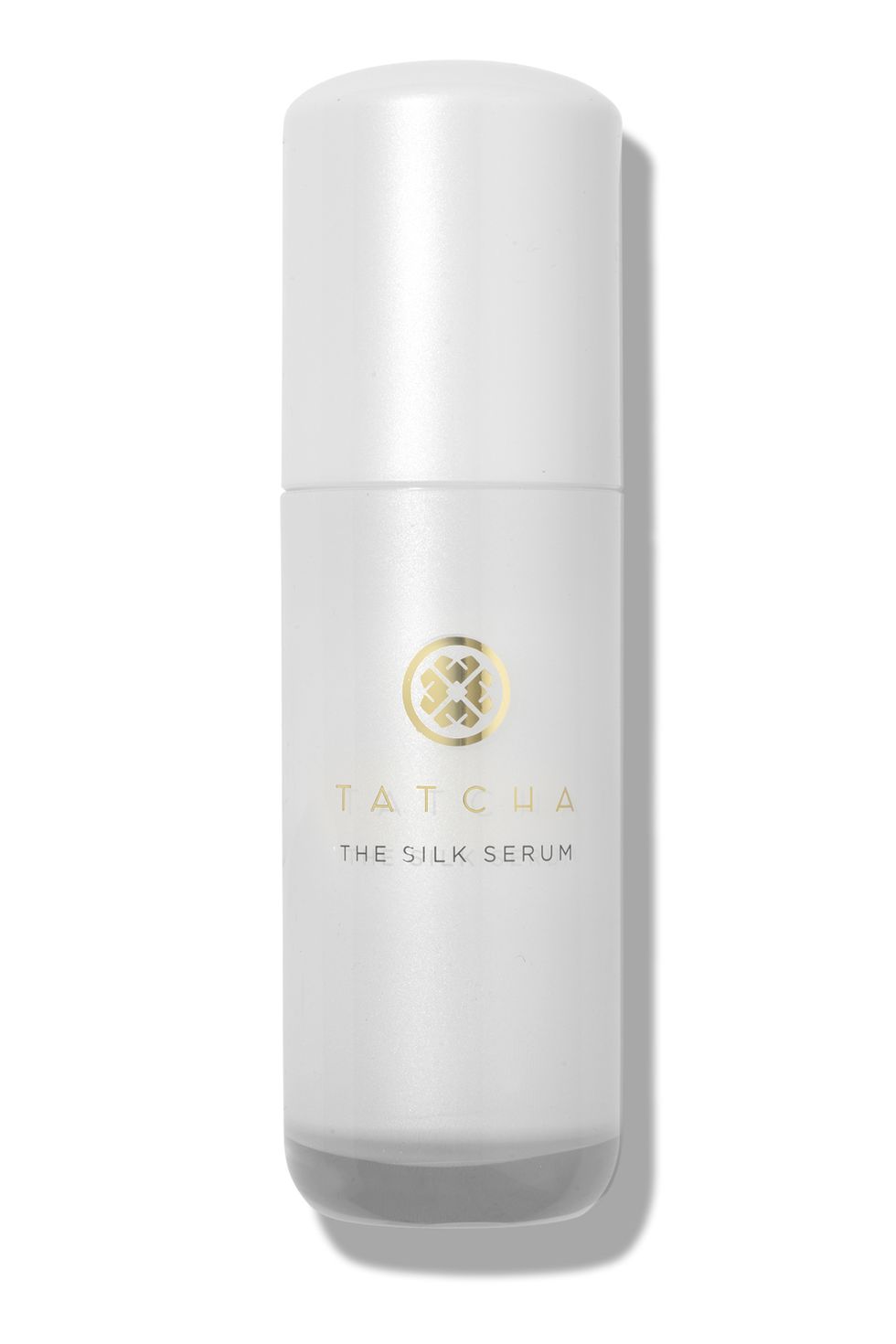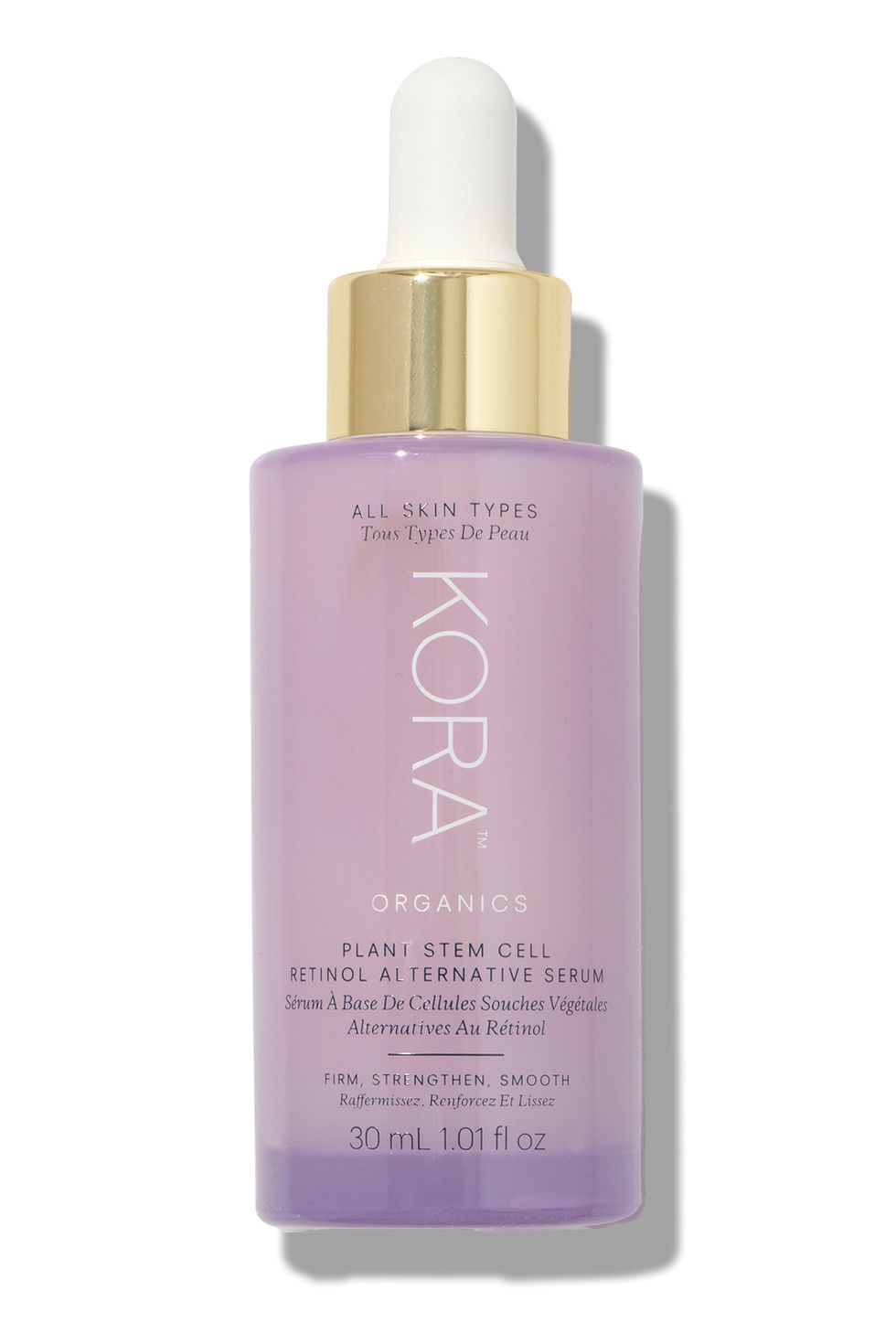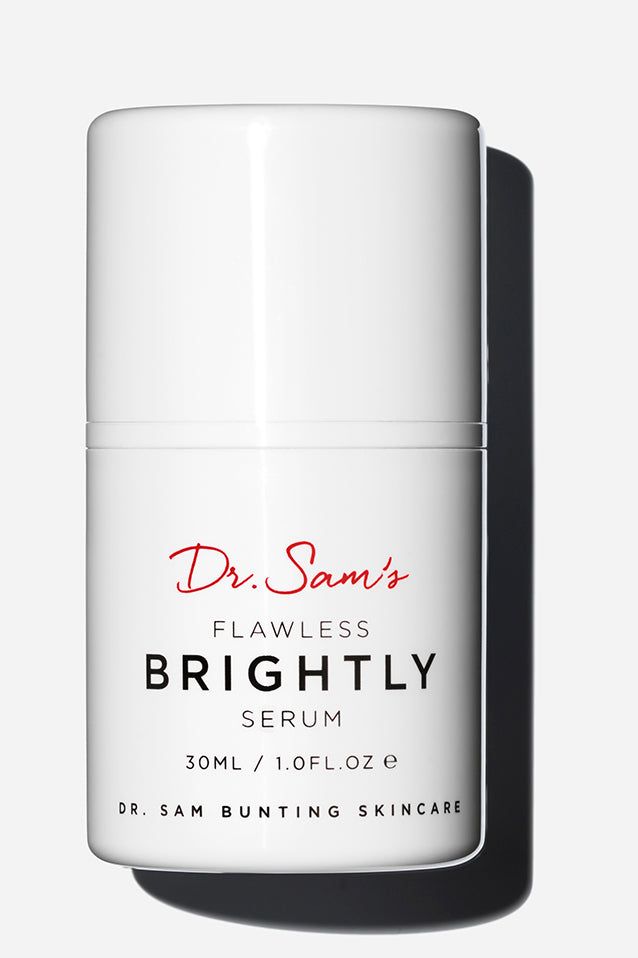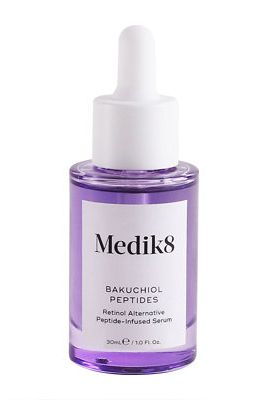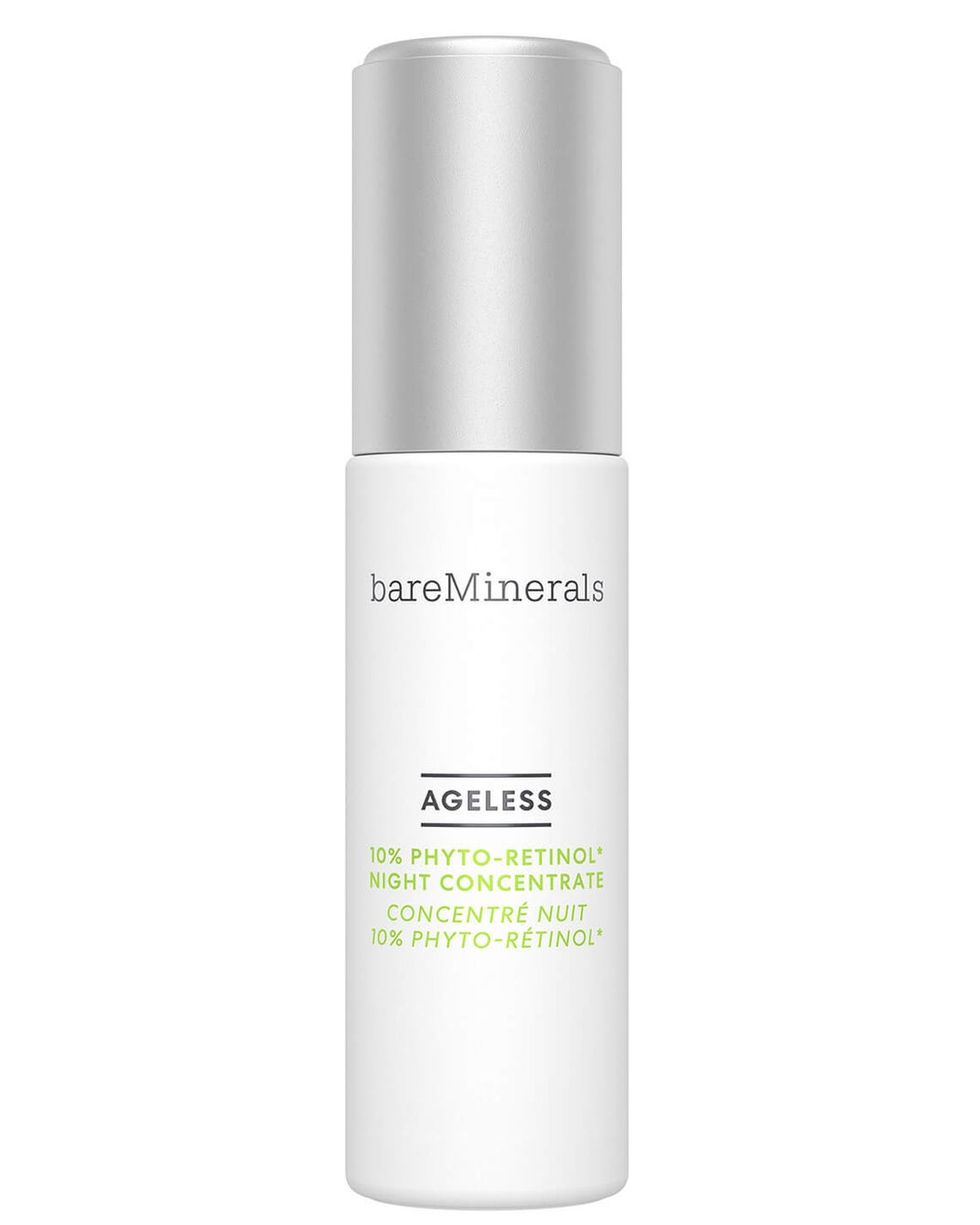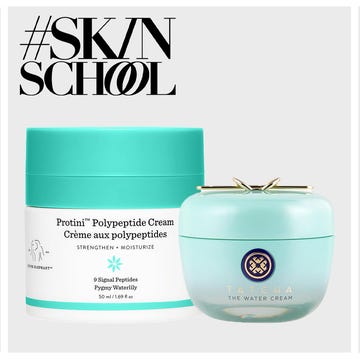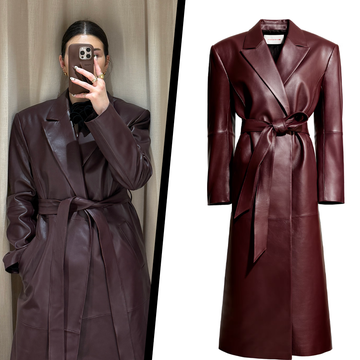We earn a commission for products purchased through some links in this article.
The best retinol alternatives (and how they actually work)
From bakuchiol to peptides, here’s how alternative ingredients to traditional retinoids really stack up
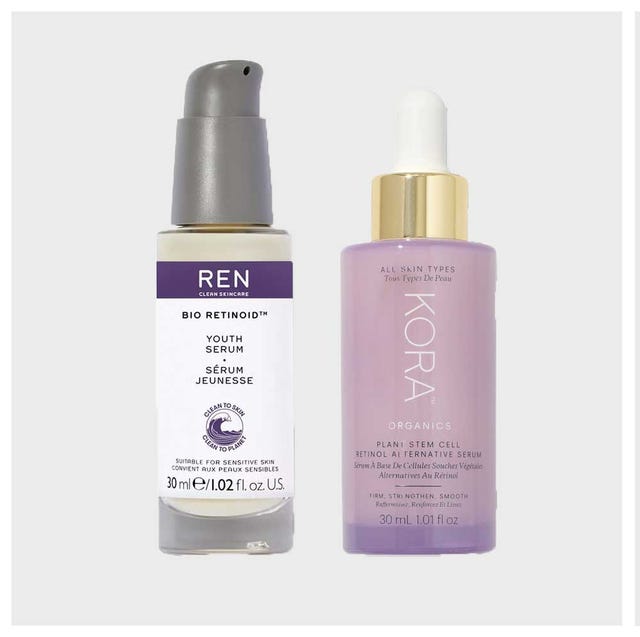
Not all of us can tolerate traditional retinoids – a group of vitamin A derivatives, of which retinol is one – despite the ever-sophisticated formulations on offer today. Those with sensitive skin, who are pregnant and breastfeeding, or principally prefer natural and organic skincare, should mostly steer clear. But luckily, just as the undisputed anti-ageing hero has advanced, so have the retinoid alternatives on the market.
With the potential to smooth, firm and strengthen skin without the irritating side-effects that retinoids can sometimes bring (such as redness, itching and flaking), alternative anti-ageing face serums are growing in popularity. Some are new and innovative, while others harness ancient stalwarts. Bakuchiol, for example, is arguably the most powerful 'phytoretinol' (the umbrella term for plant-based versions of retinol and its sisters), and has been harnessed in Ayurvedic medicine for centuries. But a recent study in the British Journal of Dermatology proved its potency in comparison to retinol, encouraging experts to unanimously recommend it.
Retinol alternatives: The Bazaar top five
Bakuchiol vs retinol
A skincare ingredient from the seeds of the psoralea corylifolia plant, which is native to India and Sri Lanka, bakuchiol “doesn’t share the same chemical structure as the retinoid family, but it has the ability to activate their receptors, meaning it can deliver similar benefits, potentially without some of the side effects,” explains skin doctor Dr Sam Bunting. The research compared the effects of 0.5 per cent bakuchiol when used twice daily with 0.5 per cent retinol used nightly in 50 women with sun damage in their late 40s. It found that they both improved the appearance of wrinkles and hyperpigmentation to a similar extent. “And, like retinoids, bakuchiol seems to tackle multiple points in the acne pathway, meaning it can help treat both active blemishes and prevent new ones.”
Having both anti-ageing and anti-blemish properties in such a well-tolerated ingredient is a big bonus, Dr Bunting continues. “It’s incredibly helpful in adult women with sensitive skin who are concerned with both issues (this group represents at least 50 per cent of my clinic audience) and it’s why I made it a central ingredient in my Flawless Brightly Serum.”
Meanwhile, Miranda Kerr in her role as founder and CEO of Kora Organics, powered her potent serum with bakuchiol as well as alfalfa extract, acai stem cell extract and rosehip oil (other plant extracts that repair and prevent visible signs of ageing) to make the first certified organic retinol alternative. This is important, she tells us, because using certified organic farming means that you can reap up to 60 per cent more antioxidants, according to a study published by Cambridge University Press. “When you grow over and over on the same soil, like with traditional farming practices, the soil gets depleted. But with certified organic farming, strict guidelines dictate that you must give soil time for the nutrients to re-establish, so you grow on other soil that is nutrient-rich, meaning you produce the higher yield of antioxidants.” That’s why, for her, “it was a no-brainer to make a certified organic retinol alternative – because it's much more powerful that way”.
And the results speak to the benefits of organics, she says. “We've done a lot of clinical trials, testing it on die-hard traditional retinol users.” A test group of 50 women aged 25-65 used it over the course of four weeks, applying it morning and night, and “almost 80 per cent felt the serum was more effective than their regular retinol”.
Other natural retinoid alternatives
While alfalfa extract is often used in skincare (including many of Tata Harper’s formulations as well as non-natural-leaning products like No7’s Early Defence Night Cream), and rosehip oil, revered for its natural regenerative properties, features in many brands’ anti-ageing offerings (think The Ordinary’s 100% Organic Cold Pressed Rose Hip Seed Oil and Trilogy 100% Natural Certified Organic Rosehip Oil – said to be the Princess of Wales' favourite product), it’s bakuchiol that has the closest resemblance to retinoids.
“We rarely have good-quality comparative research data on cosmetic ingredients,” explains Dr Bunting, “so, for me, the published study mentioned [above] lends weight to the argument for including bakuchiol in my active products”.
Non-natural retinoid alternatives
Not all retinol alternatives are plant-derived ingredients though, and there are others that excite Dr Bunting. “I recommend azelaic acid as a retinoid substitute in pregnancy in combination with bakuchiol and niacinamide. This holy trinity of ingredients is a great way to tackle all the key areas that retinoids do, like fine lines, pigmentation and congestion.”
Peptides are another alternative. The rising star of the skincare sphere, these short chains of amino acids that act as the building blocks of proteins (including collagen and elastin) behave like messengers similar to retinoids, leading to firmer, smoother skin. Some neuropeptides, such as Argireline, form serums that promise to be like ‘Botox in a bottle’ thanks to their wrinkle-relaxing capabilities.
Below, find Bazaar’s favourite formulations that are driven by retinoid alternatives.
The best retinol alternatives


